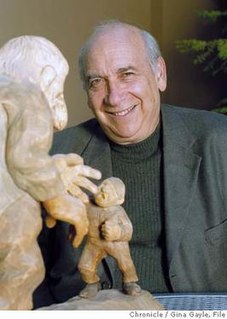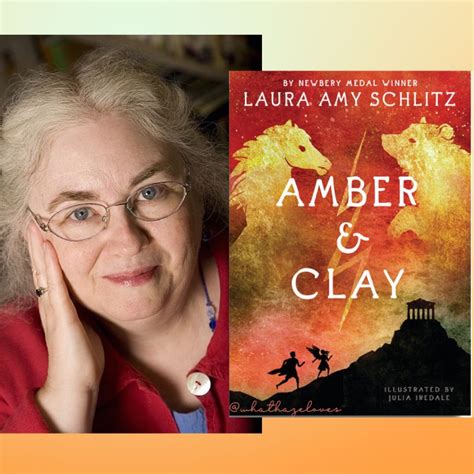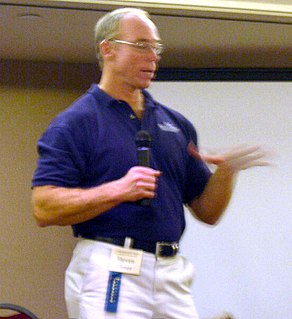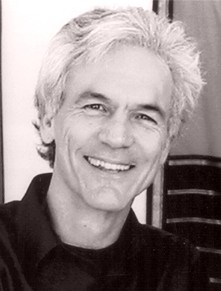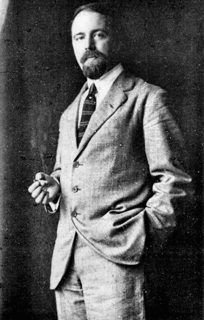A Quote by Linden MacIntyre
The Orenda is a powerful story from history, folklore and the imagination, based on the universality of human cruelty, superstition and perseverance. Wonderful writing.
Related Quotes
If the history of the western moral imagination is the story of an enduring and unending revolt against human cruelty, there are few more consequential figures than Raphael Lemkin - and few whose achievements have been more ignored by the general public. It was he who coined the word 'genocide.' He was also its victim.
Of the total creative effort represented in a finished work, 75 percent or more of a writer's labor goes into designing the story designing story tests the maturity and insight of the writer, his knowledge of society, nature, and the human heart. Story demands both vivid imagination and powerful analytic thought.
History is not the story of heroes entirely. It is often the story of cruelty and injustice and shortsightedness. There are monsters, there is evil, there is betrayal. That's why people should read Shakespeare and Dickens as well as history ~~ they will find the best, the worst, the height of noble attainment and the depths of depravity.
History is the art of making an argument about the past by telling a story accountable to evidence. In the writing of history, a story without an argument fades into antiquarianism; an argument without a story risks pedantry. Writing history requires empathy, inquiry, and debate. It requires forswearing condescension, cant, and nostalgia. The past isn’t quaint. Much of it, in fact, is bleak.
The creation story unfurling within the scientific enterprise provides the fundamental context, the fundamental arena of meaning, for all the peoples of the Earth. For the first time in human history, we can agree on the basic story of the galaxies, the stars, the planets, minerals, life forms, and human cultures. This story does not diminish the spiritual traditions of the classical or tribal periods of human history. Rather, the story provides the proper setting for the teachings of all traditions, showing the true magnitude of their central truths.


